Categories
- BIZTONSáGI AND BIZTONSáG
- CSEREALKATRéSZEK
- úJDONSáG AND MORE
- TELEVíZIó AND VIDEO
- IZZóK
- A WALL ART
- MODELL AND HOBBI éPüLET
- NYERSANYAG
- LEGJOBB
- FüRDő
- áGYNEMű
- óVODA
- BőRáPOLáS
- GYAKORLAT AND FITNESS
- ANYAGMOZGATó TERMéKEK
- SZEZONáLIS DEKORáCIó
- SPORT
- TARTOZéKOK
- HORDHATó TECHNOLóGIA
- SZóRAKOZáS
- RAVASZKODó
- VARRáS
- FIúK
- GUMIK AND KEREKEK
- KONYHA AND EBéDLő
- HáZTARTáSI KELLéKEK
- KAMERA AND FOTó
- HARDVER
- LáNYOK
- FAN SHOP
- POWER AND KéZISZERSZáMOK
- VADáSZ AND HALáSZAT
- ERőáTVITELI TERMéKEK
- KüLSő TARTOZéKOK
- DIAPERING
- TáROLáSI AND SZERVEZET
- IRODA AND TANSZEREK
- TARTOZéKOK AND KELLéKEK
- OTTHON DEKOR TERMéKEK
- EGéSZSéGüGYI ELLáTáS
- AUTó-JáRMű-ELEKTRONIKA
- PORSZíVóK AND PADLóáPOLó
- KöTőELEMEK
- HAJáPOLáS
- SMINK
- IPARI ELEKTROMOS
- IRODA ELEKTRONIKA
- FéRFIAK
- öRöKöLT RENDSZEREK
- EVENT AND PARTY KELLéKEK
- MACSKáK
- HAL AND VíZI HáZIáLLAT
- ELEKTROMOS
- SPORT, EGYEDI RUHáZAT
- FORGáCSOLó SZERSZáMOK
- KUTYáK
- SZEMéLYES éRDEKEL







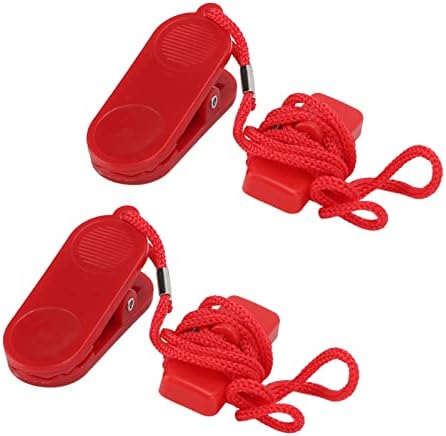

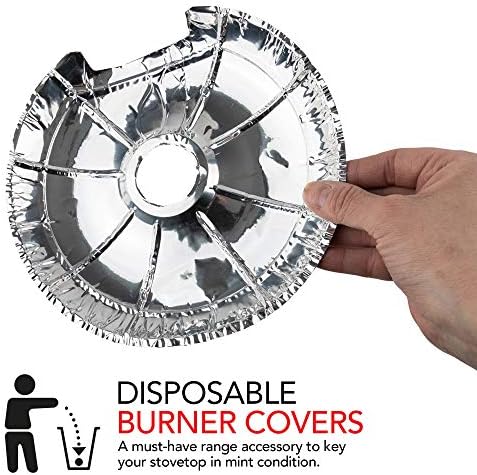
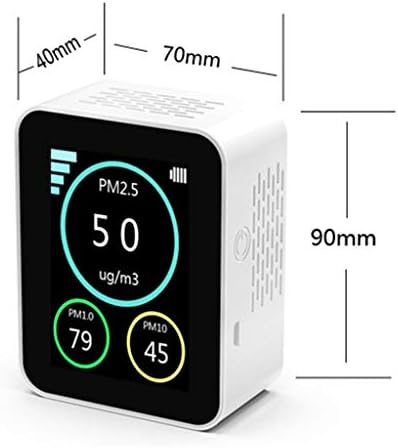



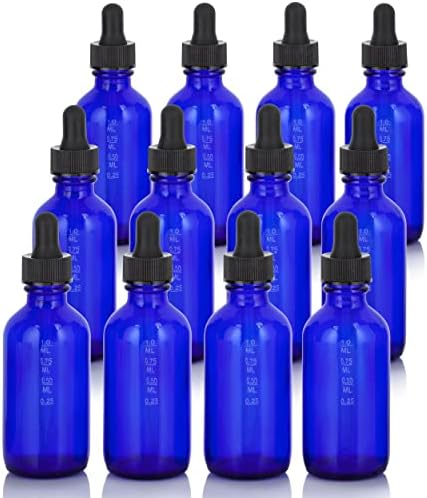
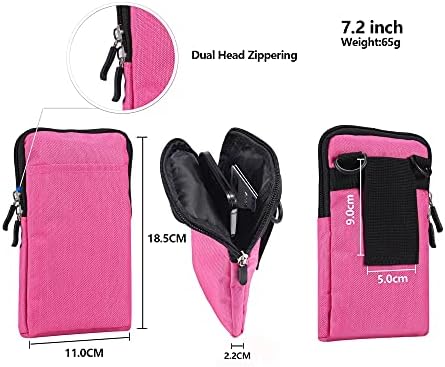










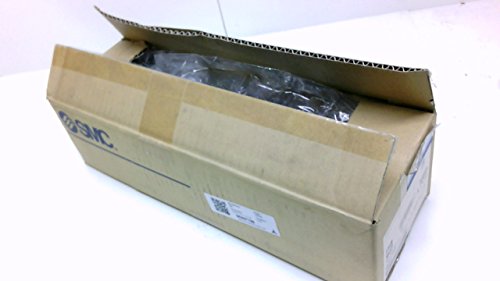





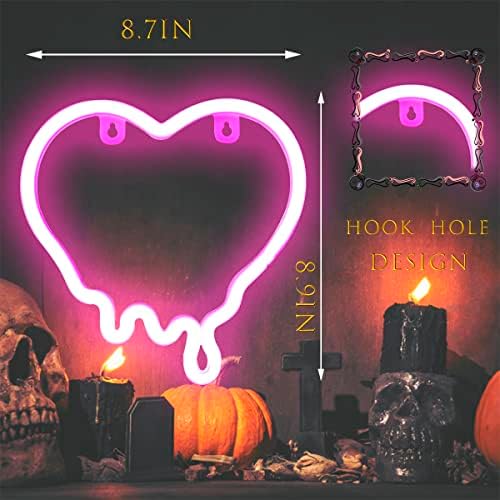



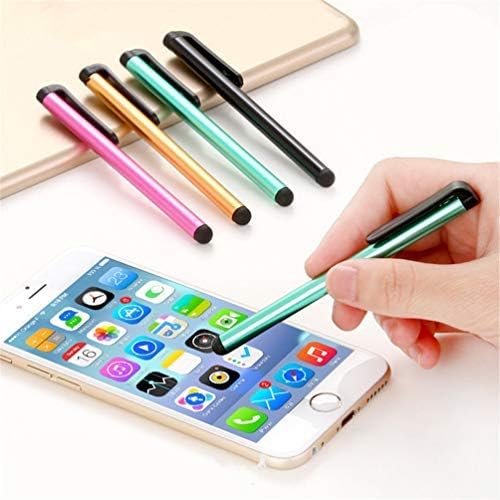

![DuraSafe Esetekben iPad PRO 12.9 6 5 4 Gen 2022 2021 2020 [ iPad 12.9 Inch 6. 5. 4.] A2378 A2461 A2379 A2462 A2229 A2069 A2232 A2233](/files_folder/sunraytos/1665-durasafe-esetekben-ipad-pro-129-6-5-4-gen-2022-2021-2020-ipad-129-inch-6-5-4-a2378-a2461-a2379-a2462-a2229-a2069-a2232-a2233.jpg)
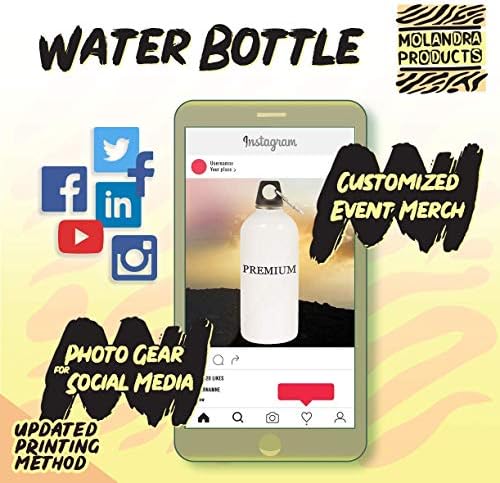



![A Sims 4 - Holdfény Elegáns Kit - Eredetű PC [Online Játék Kódját]](/files_folder/sunraytos/1875-a-sims-4-holdfeny-elegans-kit-eredetu-pc-online-jatek-kodjat.jpg)

